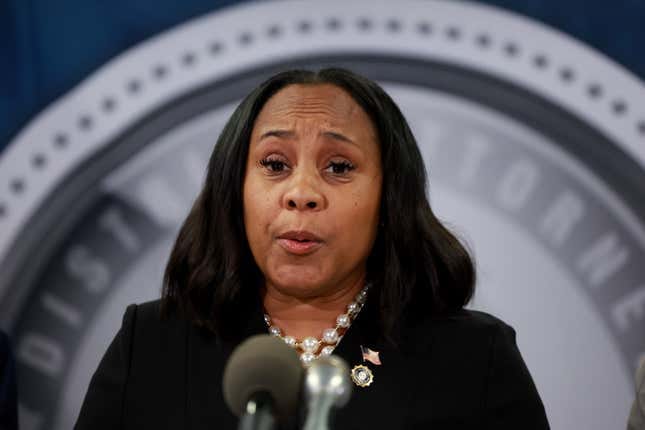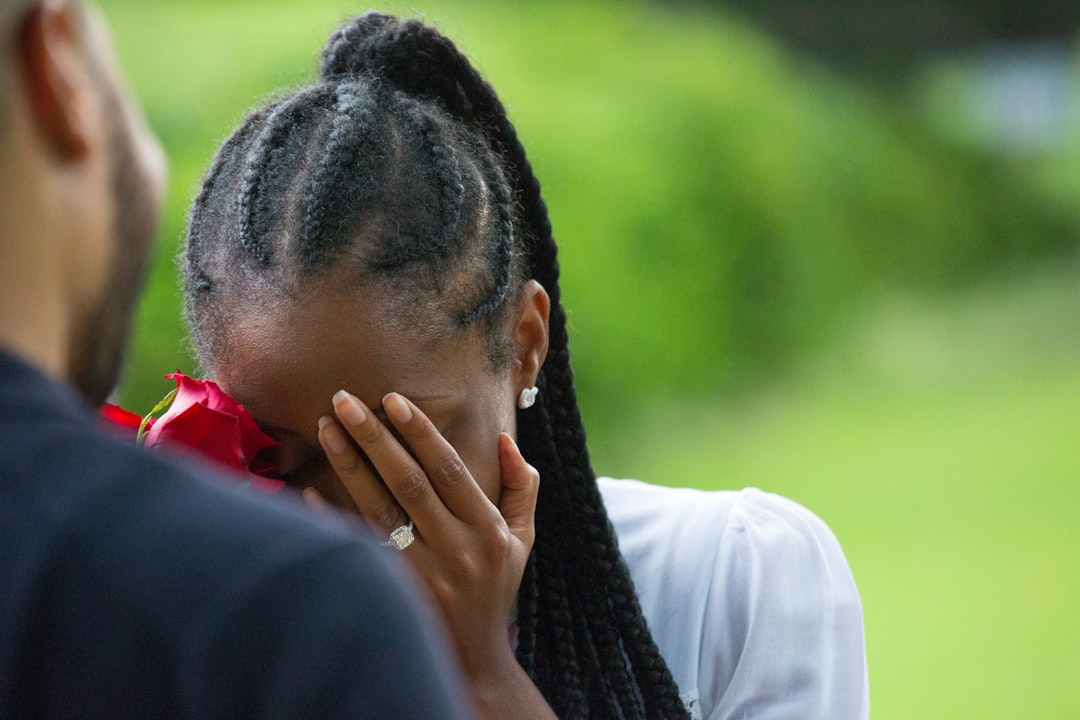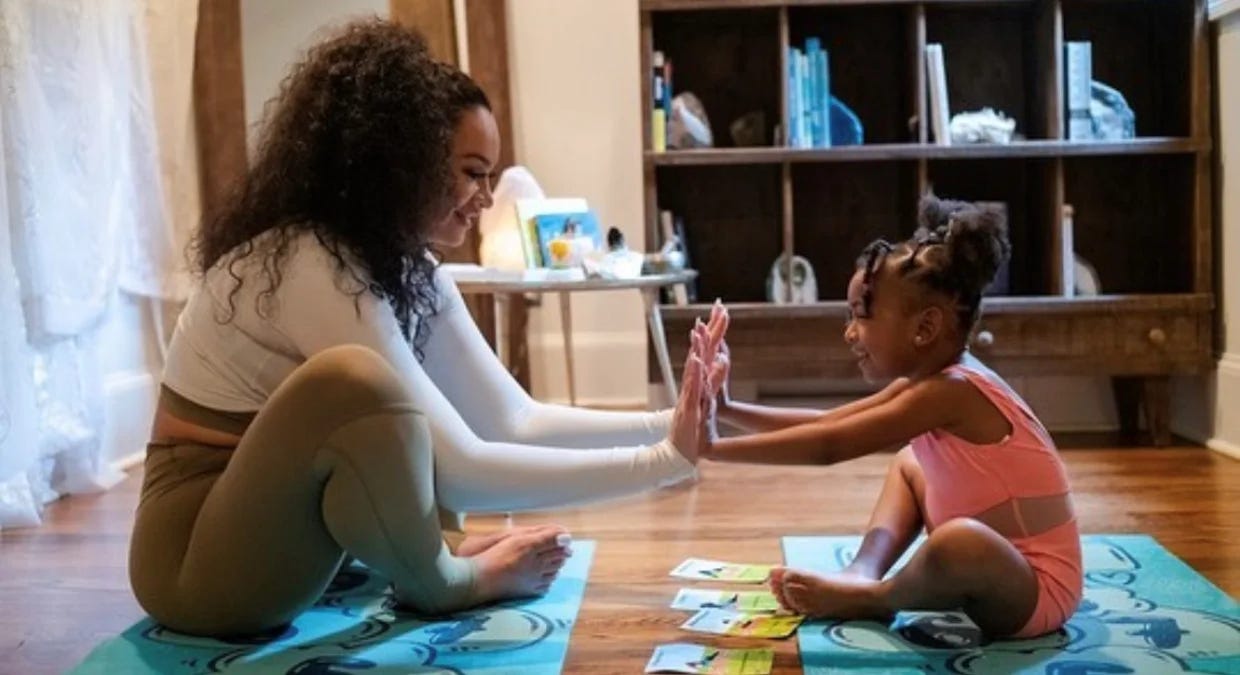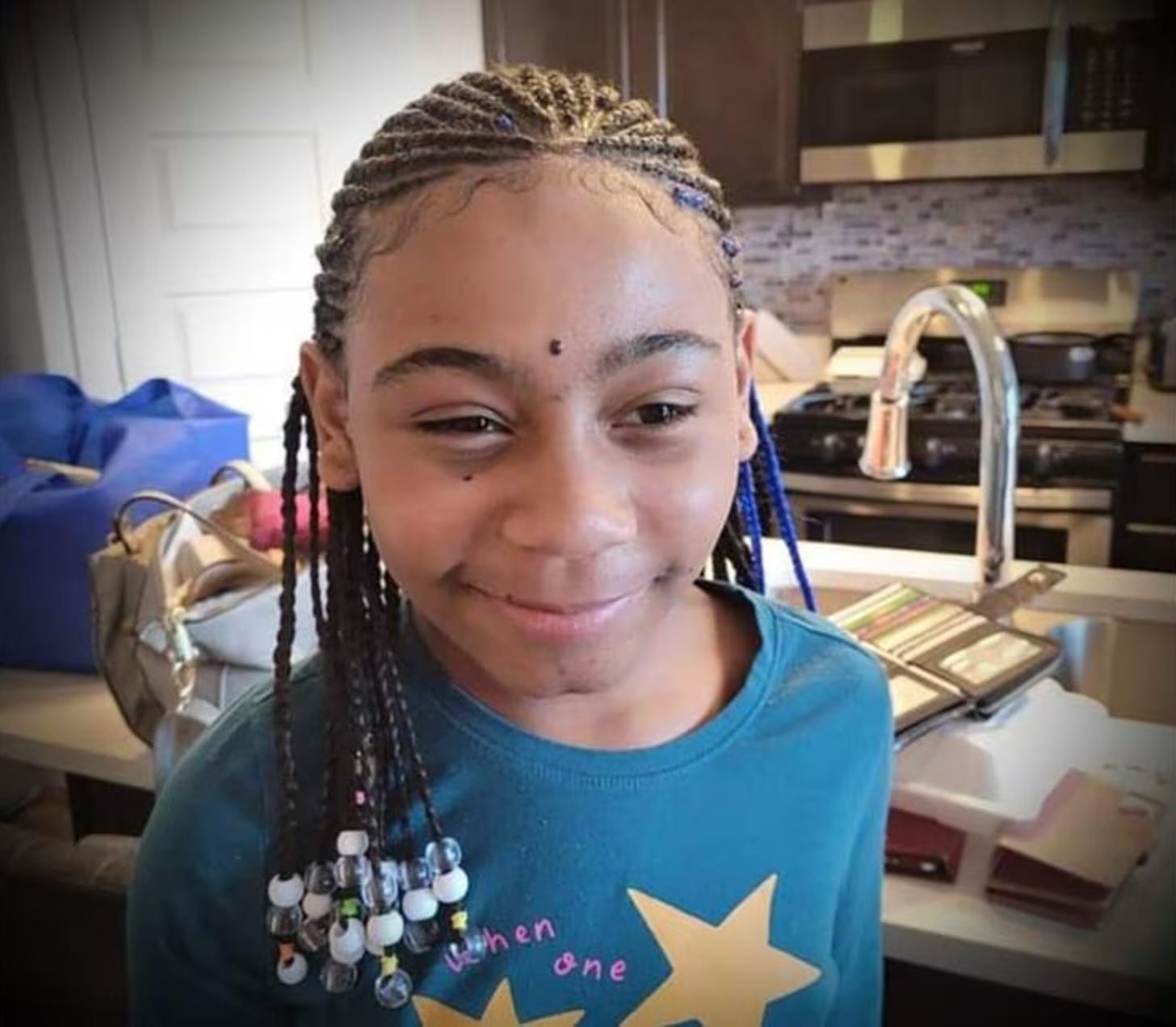Fani Willis' unequal burden, gamers combat loneliness, the power of cockiness
Plus, a new report on maternity care mistreatment, a surge in homicides of Black women in Iowa, the women who predicted the dangers of AI, the making of 'Living Single' & more.
60 Years After March on Washington, America’s Progress Hinges on Liberating Black Women
TIME, Arndrea Waters King and Jennifer Jones Austin
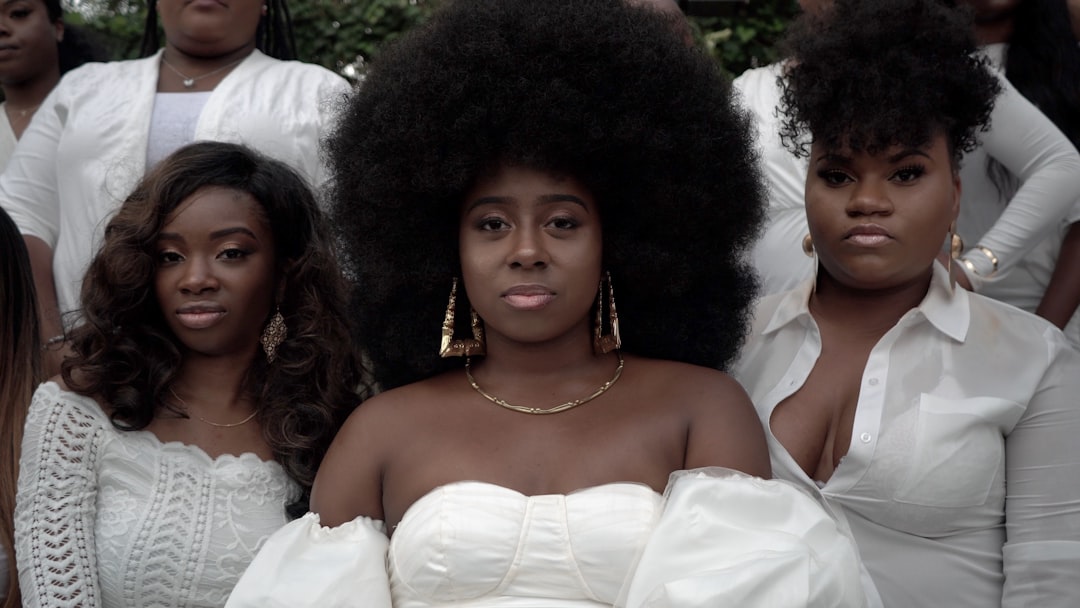
“Despite centuries of having their worth diminished, Black women have boldly and unapologetically led and contributed to the development and progress of America. From reformers like Mary Ann Shadd Cary and Mary Church Terrell leading the early universal suffrage movement, advocating for the 15th and 19th Amendments, all the while being excluded from both Black men’s and white women’s suffrage movements, to Black women today such as Dr. Kizzmekia Corbett, whose work as a immunologist led to the development of the vaccine to reduce the spread of COVID-19 and end the global pandemic. Denying Black women’s worth robs not just their families but the nation.”
1 in 5 women – and even more Black, Hispanic mothers – report mistreatment during maternity care, according to CDC report
CNN, Deidre McPhillips

“Nearly 10% of women said that health care providers ignored them, refused requests for help or took an unreasonable amount of time to respond to requests, according to the CDC report. Nearly 7% of women – about 1 in 15 – said they were shouted at or scolded by doctors, midwives or nurses, and nearly 4% were threatened by their health care providers. Other experiences of mistreatment included violations of physical privacy and withholding or forcing treatments.
Overall, about 1 in 10 women said they experienced discrimination because of their age or weight. About 1 in 8 Black mothers said they were discriminated against because of their race.”
“What Have You Been Doing?” and the Brutal Adultification of Black Girls
Mother Jones, Arianna Coghill
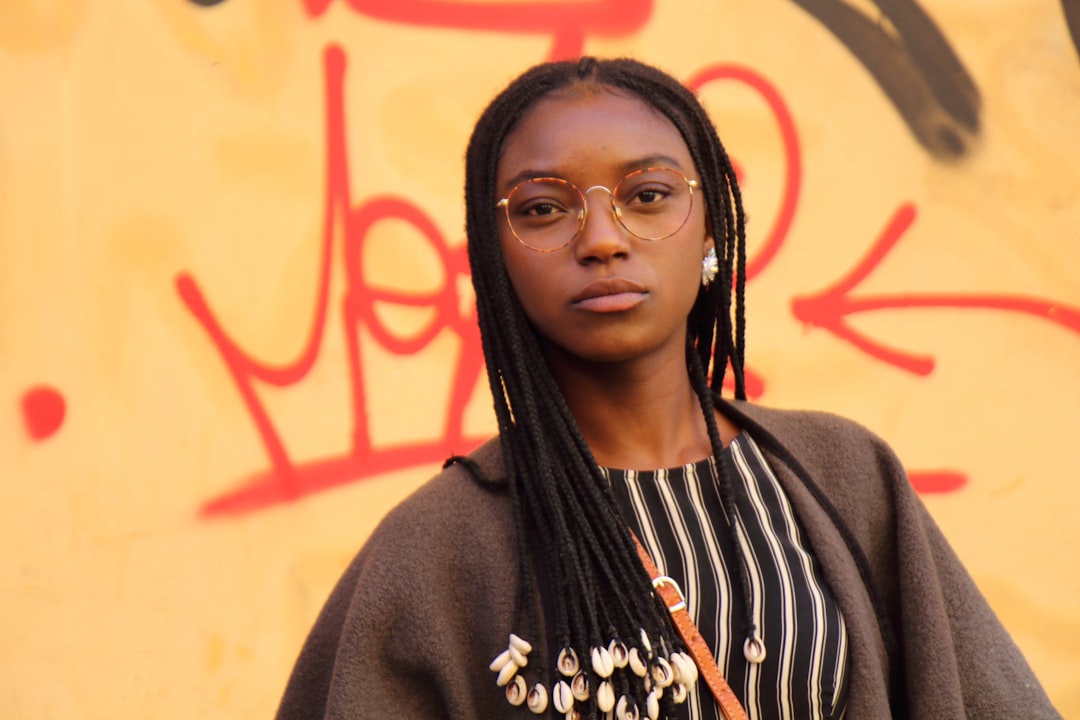
“This is the question a nurse chose to ask when confronted with a Black child in clear distress, who had shown up to the emergency room unable to stop vomiting. Not “What happened to you?” or “Are you okay?” The nurse reportedly asked a 13-year-old child, “What have you been doing?” It’s hard not to see the suspicion and implicit blame in the question. That culpability, deployed with equal amounts of derision and judgment, is something that I and many other Black women and girls are all too familiar with.
Victim blaming reaches people of all races. But Black girls stand at a uniquely horrifying intersection where both gender and skin color are weaponized against them. One study showed that as early as five years old, society perceives Black girls as ‘less innocent’ and “more adult-like” than their non-Black counterparts, placing an unfair expectation on them to act more maturely. In 2017, Georgetown Law’s Center on Poverty and Inequality reported that participants in a study perceived Black girls as needing less nurturing, protection, and comfort than white girls. These virulent misconceptions, of course, can be traced back to historically racist stereotypes about Black femininity.”
‘Living Single’ feels like ‘a love letter’ to Black women because it is, the creator says
NBC News, Randi Richardson
“Bowser said her goal all along was to be intentional and stick to her convictions — it nearly cost her the show.
‘They really enjoyed the characters, but they asked me to lose Maxine from the show,’ she remembered. ‘Yes, this incredibly daring, beautiful, confident, unapologetic Black feminist was apparently intimidating on paper.’
Bowser said she refused their request because Max is an ‘idealized version’ of her.
‘Taking Maxine out of the show would be taking a big part of me out of the show, and I’d rather not do the show at all,’ she remembers telling the studios. ‘So there I was: 27 years old with the opportunity to have my own TV show on the line, and I was willing to risk it. I was literally becoming Maxine while I was in the process of creating her.’”
Black Girl Gamers Band Together Against 2023’s Final Boss: Loneliness
Allure, Sierra Leone Starks
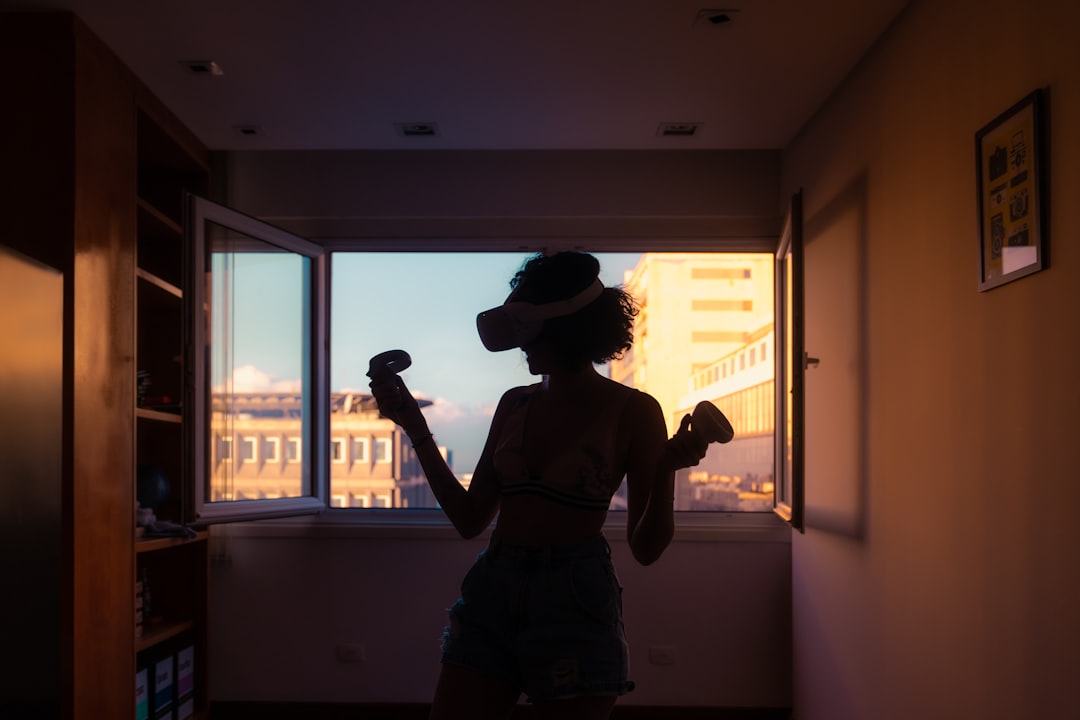
“Against the backdrop of a loneliness epidemic, at a time when social connection matters more than ever, Black women are creatively crafting a space within geek culture that fosters belonging, validates their lived experiences and, above all, promotes a healthy environment for them to indulge in the delight of play.
The concept of play, or a state of being that occurs when we’re engaged in activities for enjoyment and recreation, is supposed to be a universal joy. In the gaming space, however, that joy has often been gatekept by those with racist and sexist ideas of what the gaming industry, and the players and developers therein, can and should look like, says TreaAndrea M. Russworm, PhD, professor of interactive media and games division at the University of Southern California. “Historically, the medium has had its racial biases, very overt racist codes,” Dr. Russworm says. ‘A history of white supremacy runs deep in the gaming industry, both past and present.’”
Fani Willis Is the Most Important Black Woman In America Right Now
The Root, Keith Reed
“But no disrespect is meant at all here. Not to Mellody Hobson, the titan in finance who’s also part-owner–along with former Secretary of State Condoleza Rice–of the Denver Broncos. Not to Rice herself, or to Serena or Beyonce or Oprah or Ketanji or Kamala. It’s just that at this very moment, the most significant Black woman in the country, if not the most important person period, is Fani Willis, the elected prosecutor in Fulton County, Ga., who this week indicted Donald Trump and 18 of his goons for trying to steal democracy.
I will die on this hill, and here’s why. You might be tempted to look at Willis’ indictment the same way you feel when you hear your cousin who keeps getting locked up on petty possession charges. Trump seemingly gets charged with a new thing every week, and it’s clear he ain’t about to change his ways. But the Georgia charges arguably represent the most significant case that Trump faces. In effect, Willis is arguing that Trump turned his campaign into a mafia faction whose orders from their boss were to steal the election by any means necessary, and whack anybody who might cause too much trouble in the process.”
Related
Fani Willis is doing her job. For Black women in America, that’s enough to earn them scorn. The Philadelphia Inquirer, Solomon Jones
Black female prosecutors like Fani Willis face the unequal burden of both racist and sexist attacks The Conversation, Bev-Freda Jackson
Why Are Prominent Black Women Facing a Wave of Harassment? The Root, Jessica Washington
These Women Tried to Warn Us About AI
Rolling Stone, Lorena O'Neil
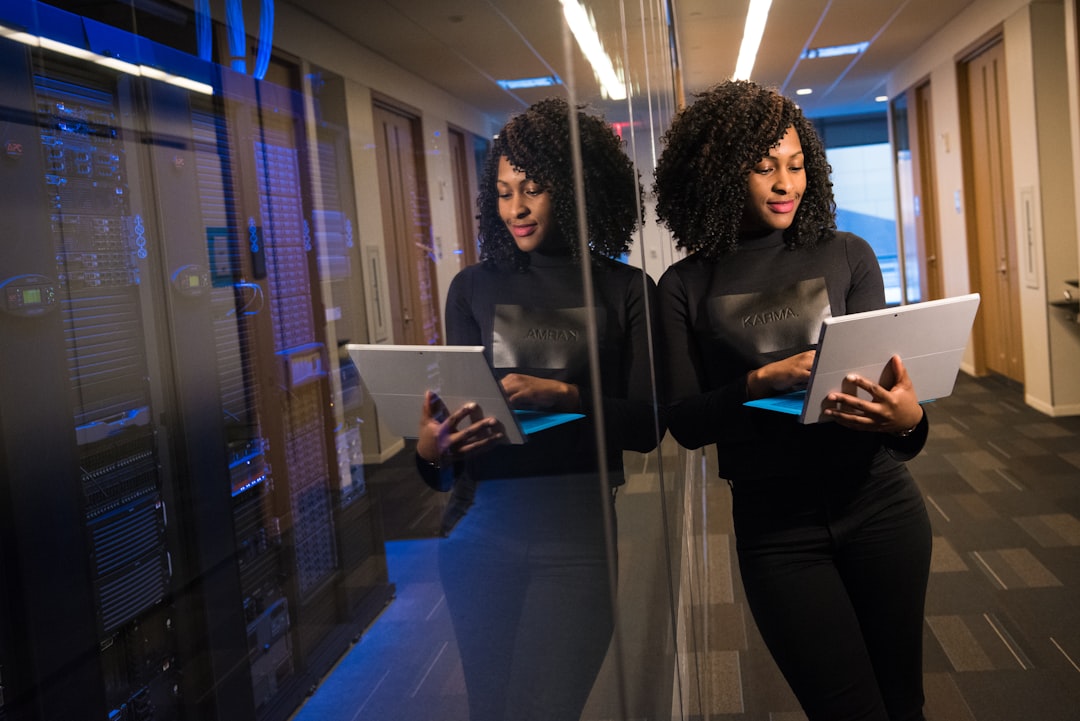
“Researchers — including many women of color — have been saying for years that these systems interact differently with people of color and that the societal effects could be disastrous: that they’re a fun-house-style distorted mirror magnifying biases and stripping out the context from which their information comes; that they’re tested on those without the choice to opt out; and will wipe out the jobs of some marginalized communities.
Gebru and her colleagues have also expressed concern about the exploitation of heavily surveilled and low-wage workers helping support AI systems; content moderators and data annotators are often from poor and underserved communities, like refugees and incarcerated people. Content moderators in Kenya have reported experiencing severe trauma, anxiety, and depression from watching videos of child sexual abuse, murders, rapes, and suicide in order to train ChatGPT on what is explicit content. Some of them take home as little as $1.32 an hour to do so.”
‘We need help and we’re not getting it’: what a surge in murders means for Black women in Iowa
The Guardian, Abené Clayton
“Doolin was one of at least 13 Black women who were killed in Iowa in 2020, more than six times the number who were killed the year before, when two Black women were slain, according to a Guardian analysis of Iowa’s public safety data. By comparison, the overall number of homicides in the state increased by about 63%, from 70 in 2019 to 111 in 2020. All but one Black woman killed in Iowa died from a gunshot wound, according to a Guardian analysis of public health data, police data and news clippings.
In 2020 and 2021, there was an unprecedented national rise in homicides, most of them committed with guns. Within this national increase was an alarming yet overlooked rise in the homicide rate for Black women. The Guardian looked back at 2020, a year also marked by the pandemic and nationwide protests for racial justice, and found that for Black women in the US, the homicide rate rose 33%. That’s a sharper increase than for every demographic except Black men, and more than double the rate of white women, according to a Guardian analysis of Centers for Disease Control and Prevention data. Nearly half of the killings of Black women and girls nationwide in 2020 were committed by someone they knew – including partners, family members, friends and acquaintances.”
The Healing Power Of Cocky Black Women In Hip-Hop
HuffPost, Taryn Finley
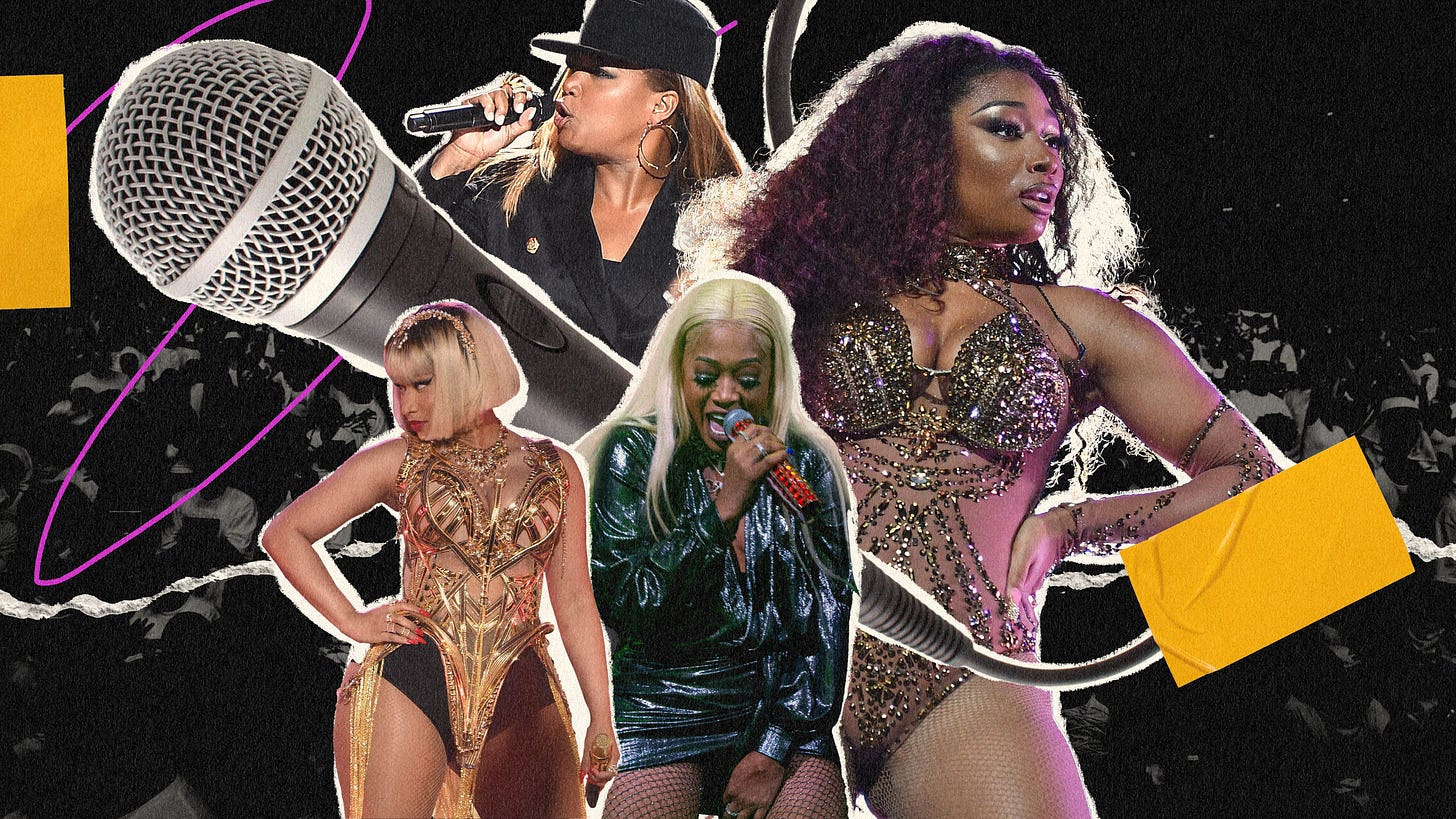
“To be a cocky Black woman is the complete antithesis of what society demands from us. We’re expected to be overly nurturing, taking care of everyone else but ourselves and being fine with it. We’re told our beauty isn’t up to standard while our bodies and features are constantly fetishized and copied. Our voices are policed to the point of being shamed and shunned for having the audacity to speak. And we’re conditioned to see our roles as in service to men to the point that we’re pitted against each other.
Parts of the genre don’t make it any better, as men have used rap to oversexualize and belittle Black women to this day. It took pioneering women like Queen Latifah asking, ‘Who you callin’ a bitch?’ on “U.N.I.T.Y.” to challenge the background role men subjugated us to. Foxy Brown and Lil Kim helped reclaim sexual agency for women in rap while using wordplay and bravado better than the men. That legacy carries on through Cardi B and Meg’s “W.A.P.,” Lola Brooke’s “Don’t Play With It” and Sexxy Red’s “Pound Town.””
How this mom is raising the profile of sickle cell disease for Black women everywhere
MSNBC, Elaijah Gibbs-Jones
“At one point, Coleman shared an alarming moment when her daughter was a baby and was experiencing complications from SCD when the family was in California. Coleman realized the care team had limited understanding of the disease and that her voice was going unheard.
‘We begged [doctors in Silicon Valley] to call our doctors in Atlanta, because that’s our home base,’ Coleman shared while describing the incident. ‘From that we realized that…our entire lives needed to revolve around sickle cell. That was really how we could address this head on.’”
A 10-year-old Black girl died by suicide after being bullied. Her Utah school district will now pay the family $2 million.
The Salt Lake Tribune, Courtney Tanner
“This marks the second settlement involving a racism case that Davis School District has paid for this year. In the same email, the district also said it would pay $200,000 to the families of three students who also experienced discrimination and filed suit in March 2022. As a public school district, the money for those settlements ultimately comes from taxpayer funds.
Izzy’s death brought additional attention to the district, with her death coming just weeks after the U.S. Department of Justice had issued a scathing report about the northern Utah school district’s serious mishandling of reports of racism.
Investigators found that district administrators had intentionally ignored ‘widespread’ racial harassment in its predominantly white schools for years — failing to respond to hundreds of reports from Black students after they had been called slaves, the N-word, and heard threats that they would be lynched. Some employees, the report said, participated in the discrimination.”





